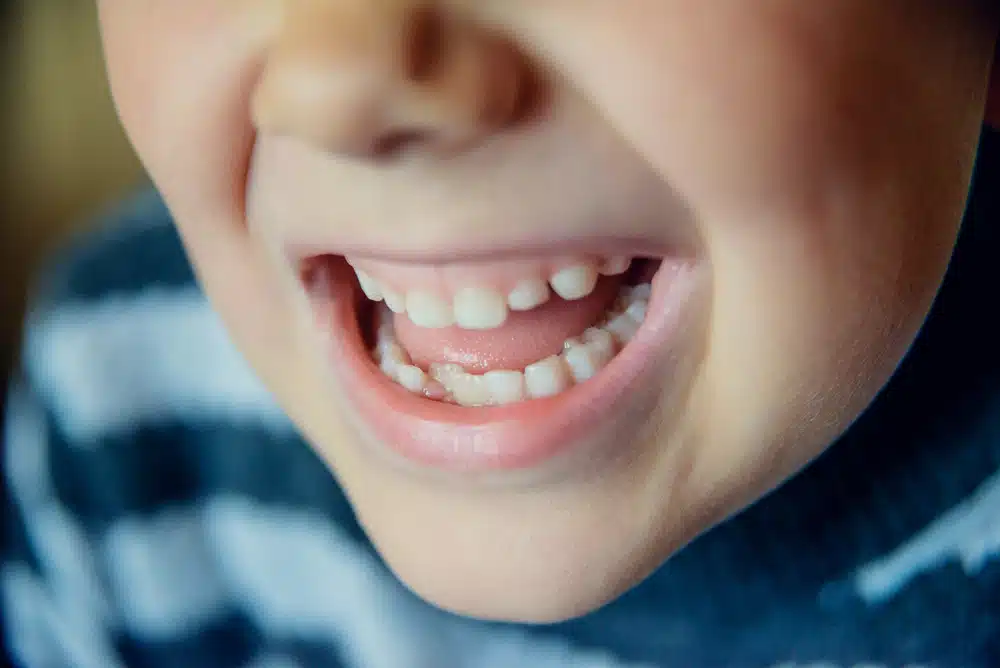
Understanding Tooth Eruption: A Guide for Parents
As parents, it’s natural to have questions and concerns about your child’s dental development, especially when it comes to tooth eruption. Knowing what to expect can help ease worries and ensure proper oral care for your little one. While every child is unique and may have variations in their dental timeline, there are general guidelines to follow regarding the eruption of deciduous (baby) teeth and the transition to permanent teeth.
Deciduous teeth typically begin to emerge between the ages of 6 months to 1 year, starting with the lower central incisors. By age 3, most children will have a full set of 20 primary teeth. These primary teeth play essential roles in chewing, speech development, and maintaining space for the permanent teeth to come in.
As your child grows, their primary teeth will gradually start to loosen and fall out, making way for their permanent counterparts. The process of losing primary teeth and having permanent teeth erupt in their place usually begins around age 6 and continues into the early teenage years. The order of eruption for permanent teeth generally follows this sequence:
- First molars (around age 6)
- Central incisors (bottom and top, around age 6-7)
- Lateral incisors (bottom and top, around age 7-8)
- Canine teeth (bottom and top, around age 9-10)
- Premolars (bottom and top, around age 10-12)
- Second molars (bottom and top, around age 11-13)
- Third molars (wisdom teeth, typically between ages 17-25)
It’s important to note that these ages are approximate and can vary from child to child. Factors such as genetics, overall health, and dental hygiene habits can influence the timing of tooth eruption.
If you notice any significant delays or abnormalities in your child’s tooth eruption pattern, it’s advisable to consult with a pediatric dentist. Early intervention can address potential issues and ensure proper dental development.
By staying informed about your child’s dental milestones and maintaining regular dental check-ups, you can help support their oral health and ensure a lifetime of healthy smiles.



